Pros and Cons of Contract Warehousing

Have you given any thought to utilising the services of a contract warehouse for your company? It is essential to consider the pros and cons of contract warehousing before settling on one. On one hand, contract warehousing may provide several benefits to the parties involved, including cost savings and flexibility. On the other side, there may be possible disadvantages, such as a reduced degree of control over the management of inventories. In this article, we will examine the pros and cons of contract warehousing so that you can decide for yourself whether or not it is the best option for your business.
What Does a Contract Warehouse Mean?
For the agreed-upon time period, a third-party logistics provider will operate the warehouse and handle the storage, handling, and transportation of your items. Hence, contract warehousing is when you hire an outside company to handle all of your storage needs for a set period of time.
As a result, by signing this agreement, you are entering into a legally binding relationship with the warehouse management to receive, store, and distribute your products. The duration of the agreement might be anywhere from a few months to several years. Payment can also be set, cost-plus, or a hybrid of the two. The most common needs that may be met by contract warehousing are those associated with receiving, storing, and dispatching goods.
Pros of Contract Warehousing
There are many advantages to using contract warehousing services in Oman, especially for companies that don't have their own warehouse facilities, such as:
1) Considerably reduces expenditure
Contract storage is great for startups and small enterprises since it requires less capital investment on a time-sensitive scale. This eliminates the need to spend a lot of money on expanding your warehousing facilities. Contract warehousing is a good option for wholesalers, importers, manufacturers, and most small firms that need product storage since it is more efficient, less expensive, and less time-consuming than doing it in-house.
2) Efficiency
Contract warehousing is a great way to cut down on overhead and improve distribution efficiency. You can devote more time and energy to other important aspects of your business, like marketing and sales, when you outsource your warehouse and logistics needs. By adopting contract warehouse services, you may take advantage of tried-and-true procedures that streamline and enhance your business.
3) Trained Staff
With contract storage, businesses don't have to worry about losing control of their inventory, which is a major issue for those who have considered handling their own warehousing in the past but decided against it. Contract warehousing guarantees that your company will get consistent and regulated processes thanks to the specialised training of employees, the use of appropriate equipment, and the provision of tracking and logistics services. The demands of every firm may be met by a 3PL, regardless of the sector in which they operate.
4) Scalability and flexibility
Contract warehousing is extremely flexible, and it can also be scaled as your organisation grows. Only take up as much room as you'll really utilise. This is a life-saving and cost-effective feature, as businesses have varying storage needs at various periods of the year. Notwithstanding its scalability, the versatility of modern warehouses is remarkable. You have greater flexibility in terms of pricing, package selection, and other variables because they service several clients and own a large-scale warehouse.
5) Lower risks
It's never smooth sailing when you're in charge of a company. No one knows what the future will bring, and if a company is slowing down, investing in a pricey warehouse won't help. Most people don't give much thought to the time, energy, and money that warehouses need. Contract warehousing might help you save money and reduce potential losses if things don't go as planned.
Cons of Contract Warehousing
There are a few potential disadvantages of contract warehousing, which include:
1) Less ability to regulate processes
A loss of oversight over your storage operations may have positive and negative consequences. By letting someone else take care of these duties, you'll have less say in how things are done. This means you need to decide whether or not it makes sense to outsource your storage needs. It may make more sense for certain companies to reallocate resources to pursue different goals. For some clients, hands-on management of stock and shipping is essential.
2) Increasing economic uncertainty
Another disadvantage of Contract warehousing is that it is susceptible to market fluctuations and seasonal spikes in the need for storage space. Although this makes contract storage more cost-effective than constructing and operating your own warehouse, you may be limited in your ability to make changes to the warehouse or terminate the contract at any time.
Conclusion
It is evident that contract warehouses have many benefits, but there are also some potential drawbacks to consider. Ultimately, it is a decision that requires careful consideration in order to decide if the cost savings and other advantages outweigh any potential cons. By understanding all of these advantages and disadvantages of contract warehousing, businesses can make an informed decision when it comes to whether or not they should use a contract warehouse for their warehousing needs.
Sohar Shipping, offers excellent warehousing and distribution services in Oman. They also offer freight forwarding, customs clearing and cargo insurance services in Oman. They have a staff of skilled experts who collaborate with customers to design individual logistics plans. Sohar Shipping may be an excellent choice as a logistics partner to assist you in managing your warehouse needs due to our reliability, experience, and competitive pricing.
Latest Blogs
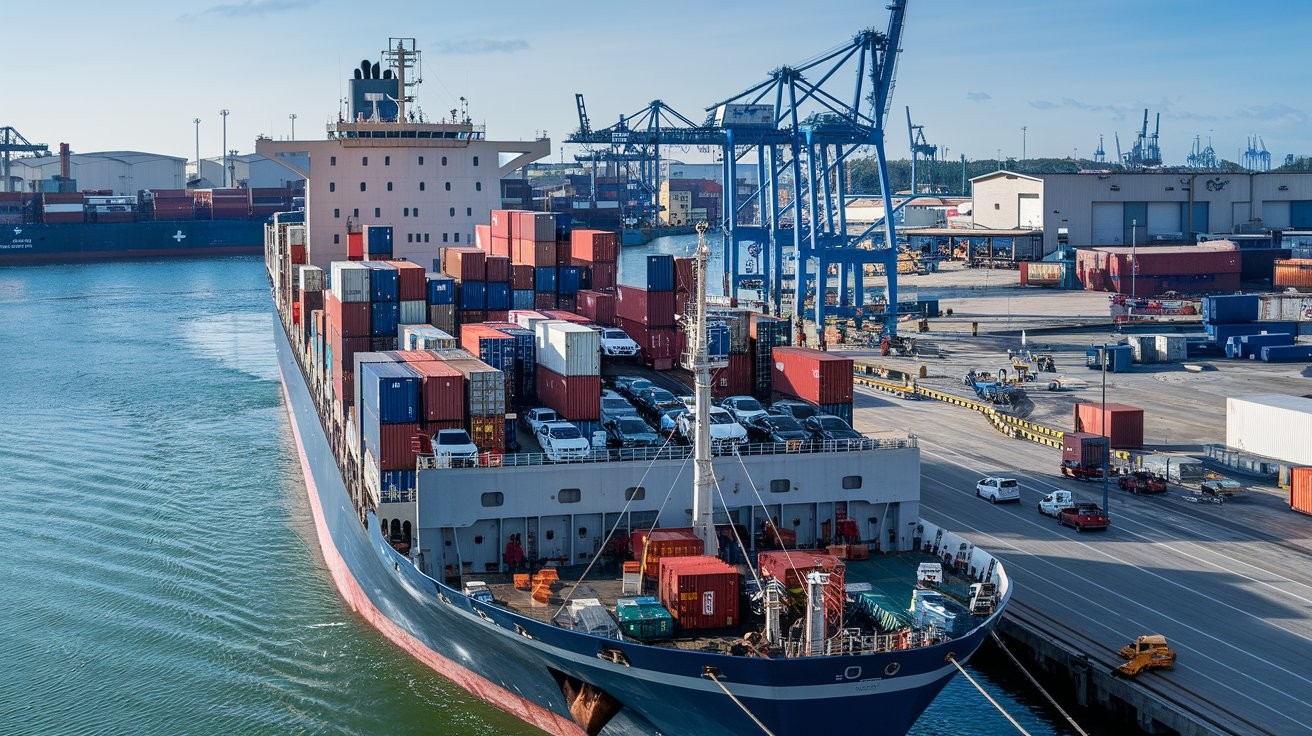

Key Benefits of End to End Supply Chains
20 Sep, 2024
Cargo Blocking and Bracing: A Must-Know Guide
17 Sep, 2024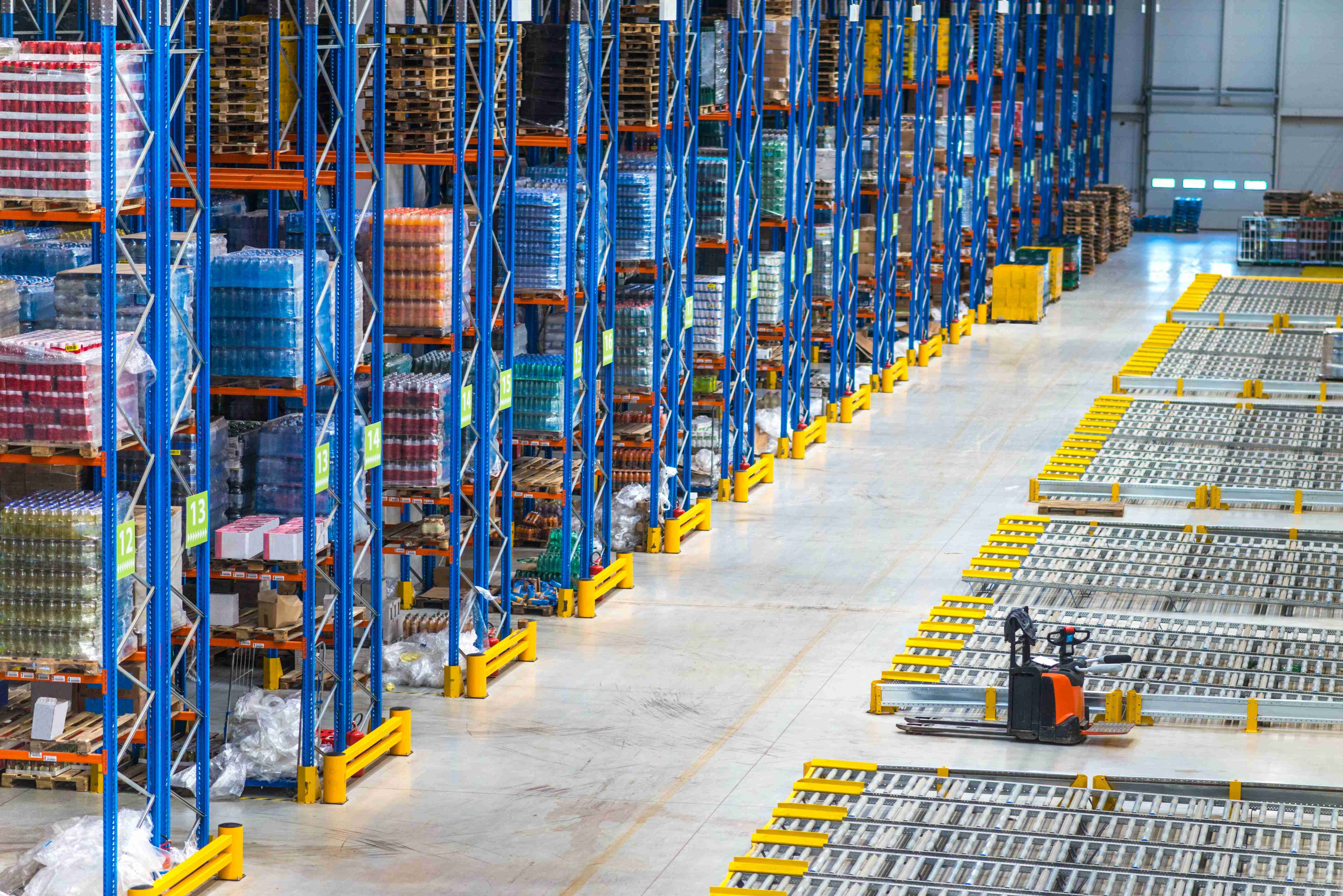
Third-Party Logistics (3PL): A Complete Guide
31 Jan, 2024
How do I book a container by sea freight
27 Nov, 2023
Top Reasons You Need A Cargo Insurance
30 Aug, 2023
Benefits of Customs Bonded Warehousing
24 Jul, 2023
Benefits of Logistics Outsourcing
30 Jun, 2023
What is Dry Docking & Why Do Ships Do It?
30 May, 2023
All You Need to Know About Air Freight
16 May, 2023
Ways Carriers Benefit from Contract Logistics
25 Apr, 2023641c5faf72d6a.jpg)
Advantages of Freight Consolidation
23 Mar, 2023
All You Need to Know About Freight Charges
27 Feb, 2023
How to Find A Good Freight Forwarder?
24 Jan, 2023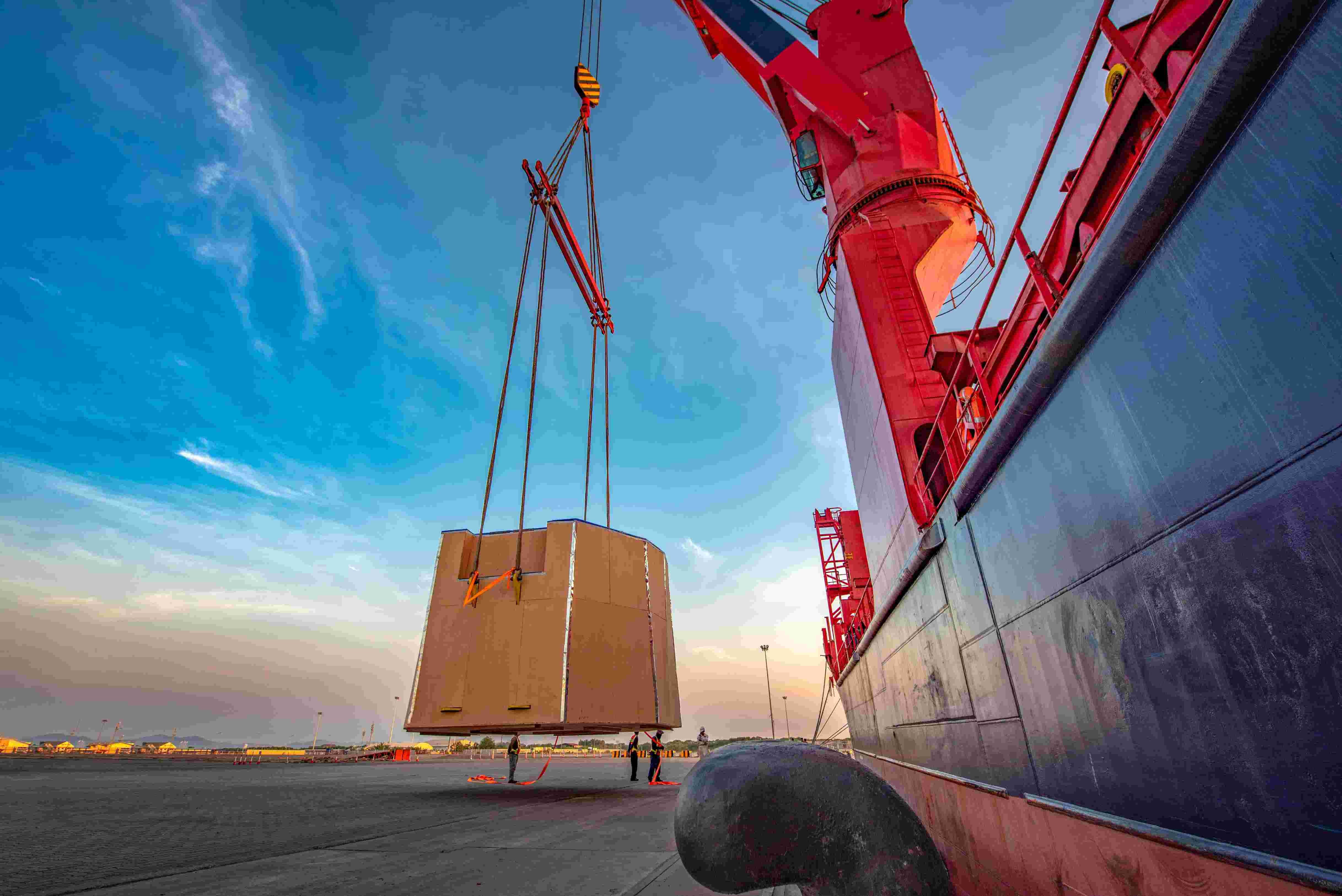
What is Project Cargo and How is it Transported?
07 Nov, 2022
How International Ocean Freight Shipping Works
25 Oct, 2022
How does LCL shipping work?
26 Sep, 2022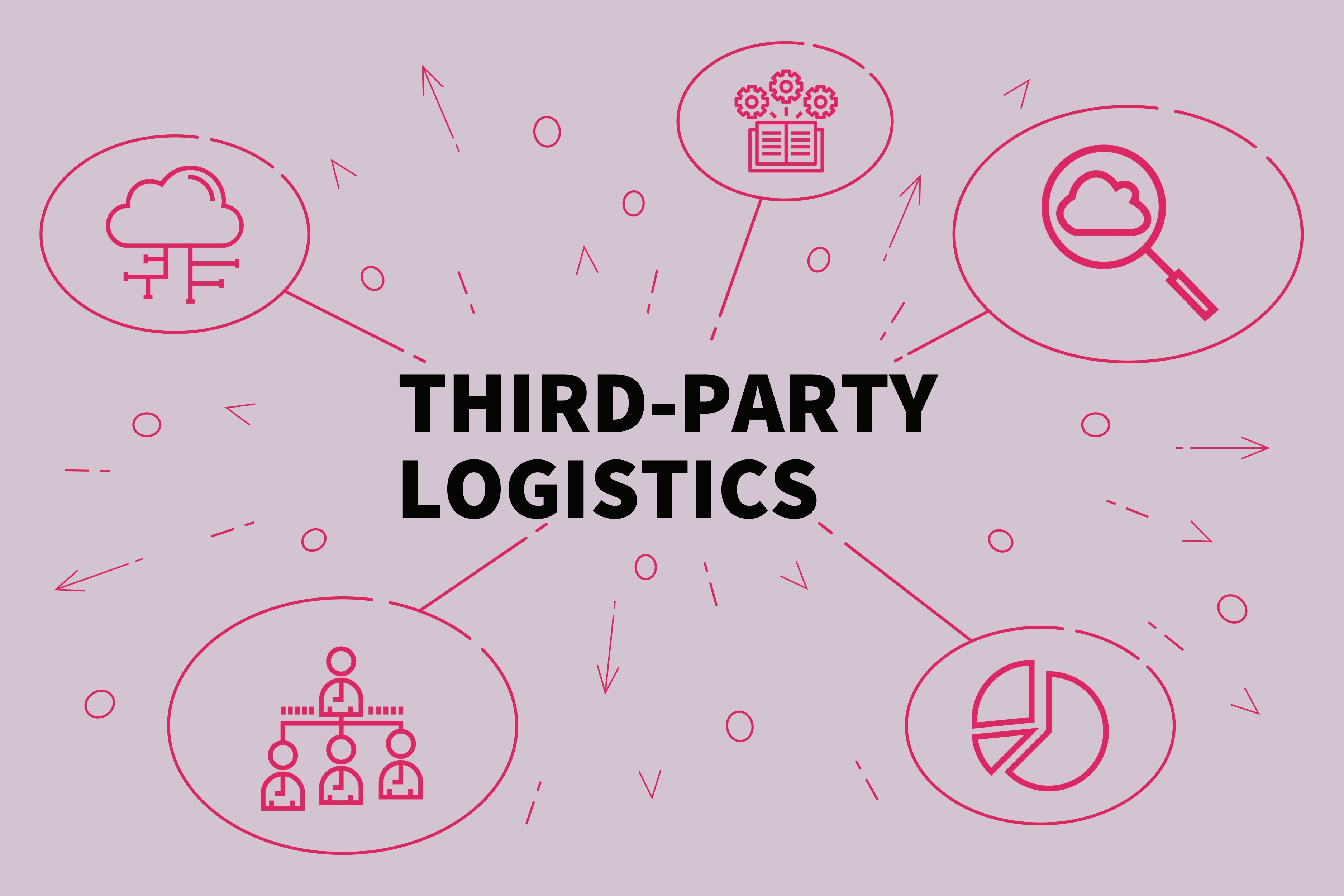
8 Ways to Optimize Your 3PL Relationship
22 Sep, 2022
Benefits Of Using An Outsourced Warehouse
22 Aug, 2022
Importance of Cargo Insurance
30 Jul, 2022
Top 10 Benefits of Ocean Freight Shipping
22 Jun, 2022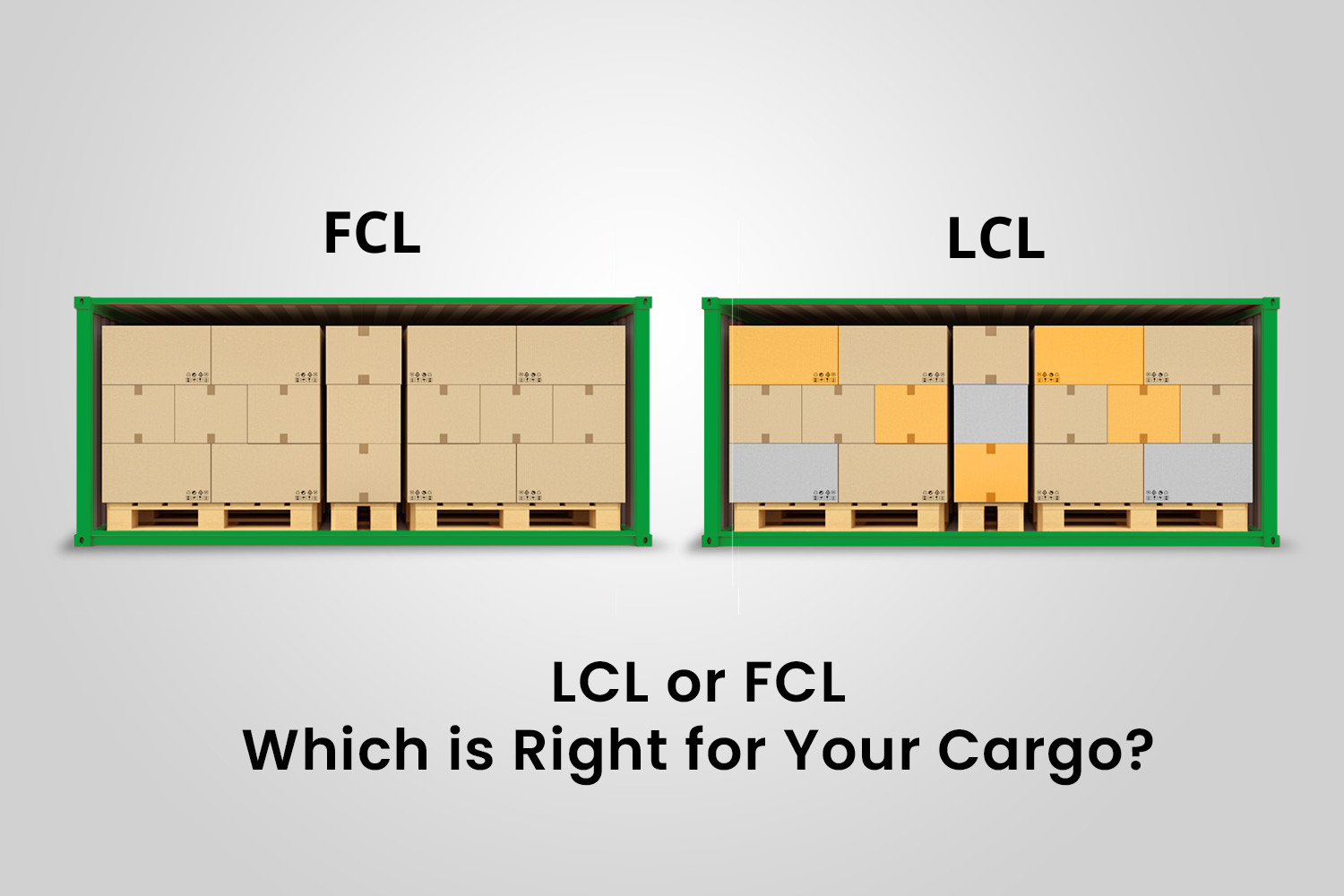
LCL or FCL - Which is Right for Your Cargo?
26 May, 2022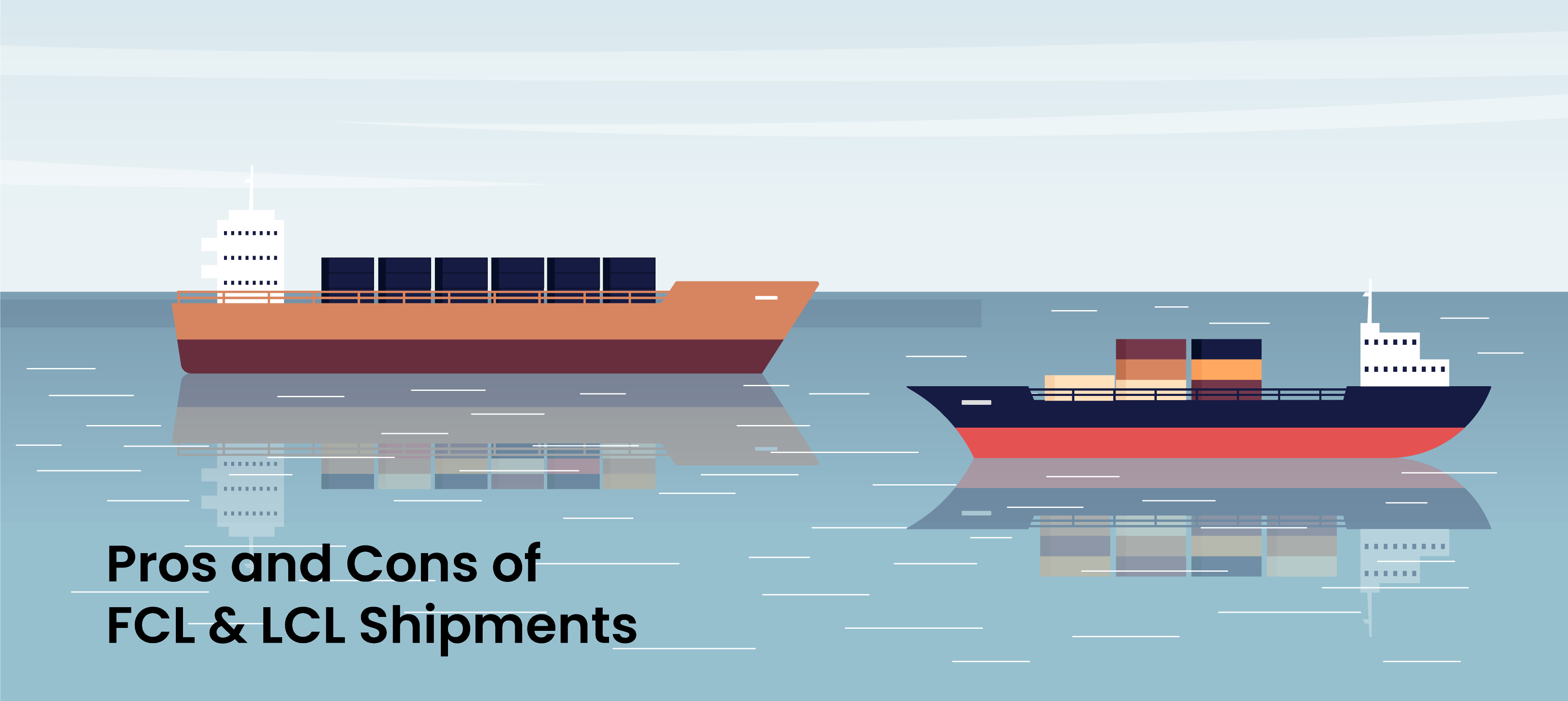
Pros and Cons of FCL & LCL Shipments
21 May, 2022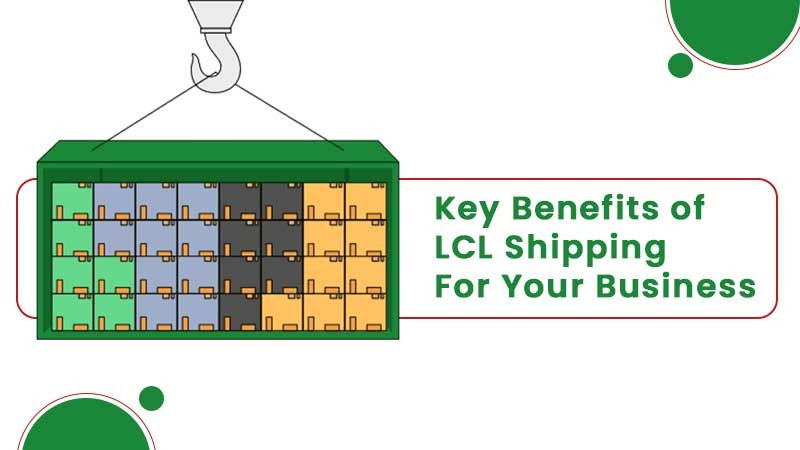
Key Benefits of LCL Shipping for Your Business
28 Jan, 2022


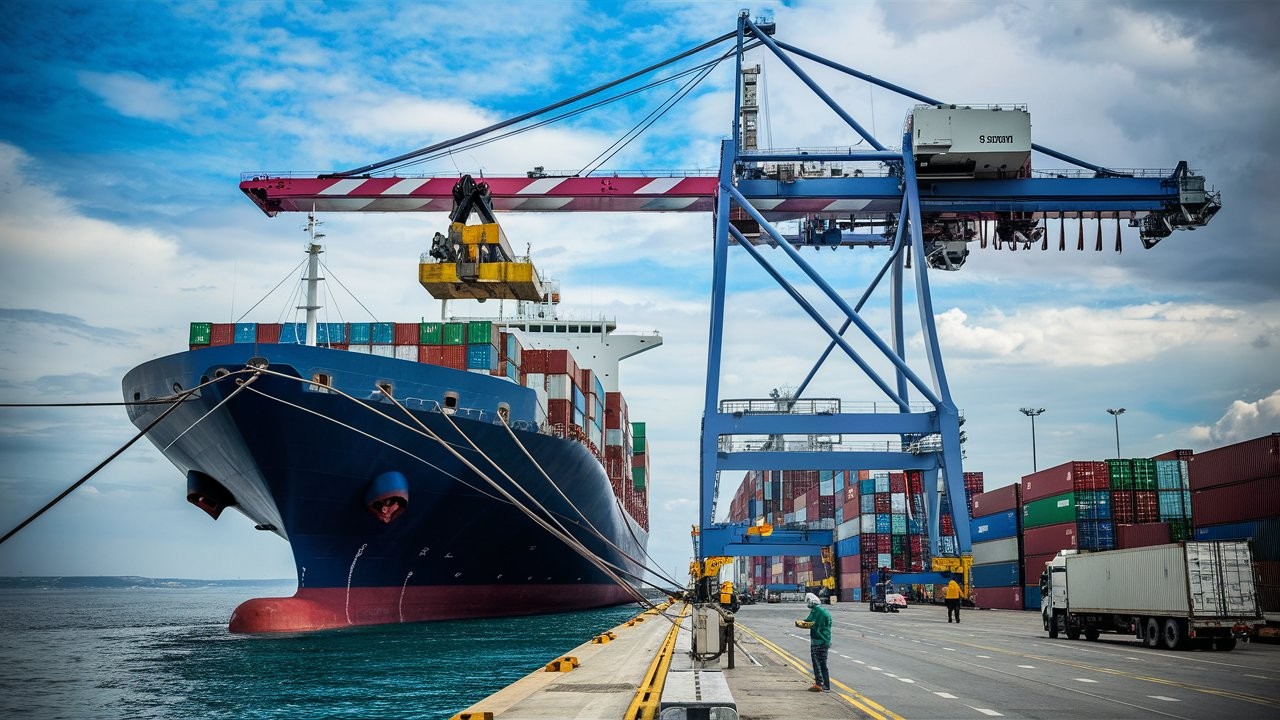
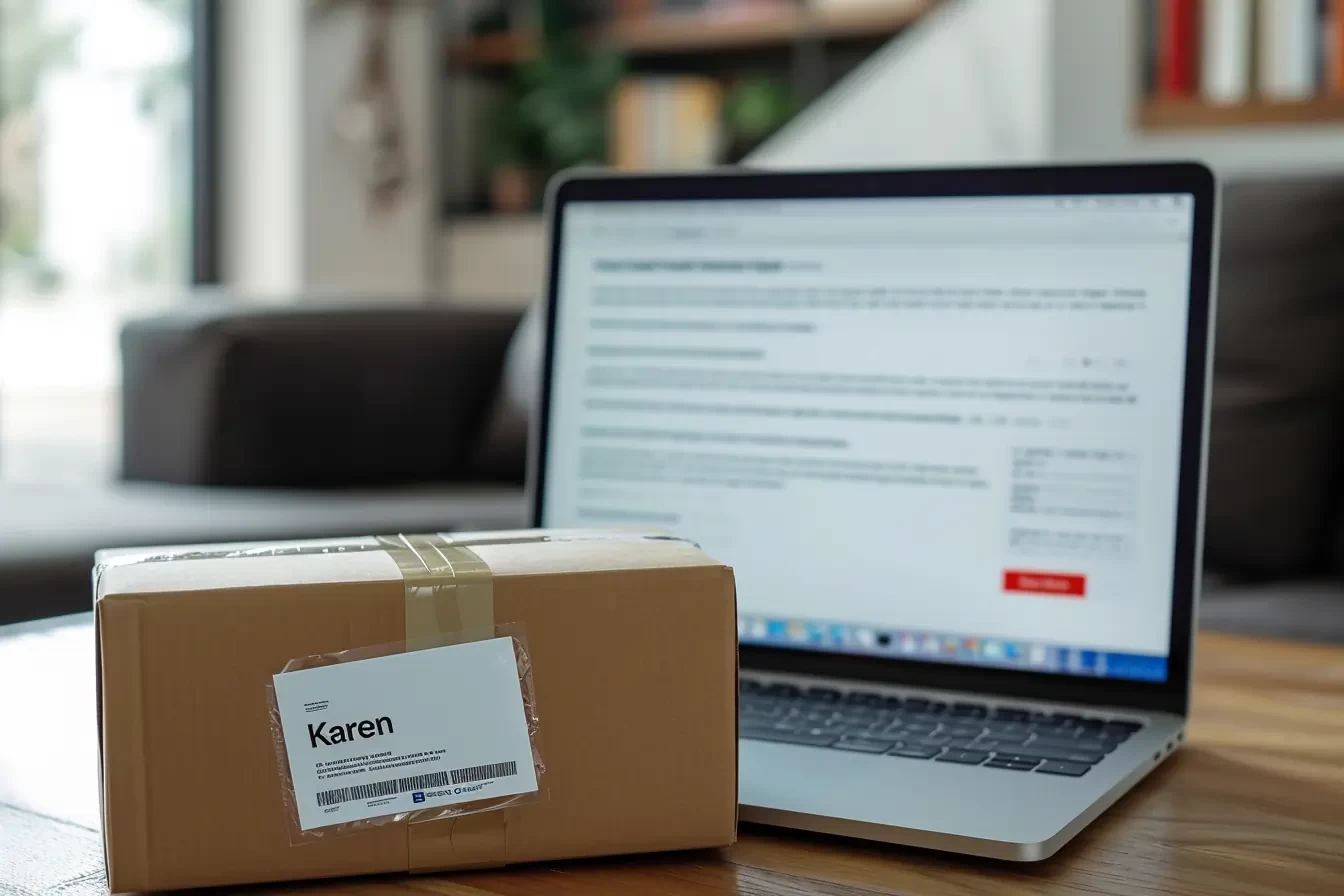


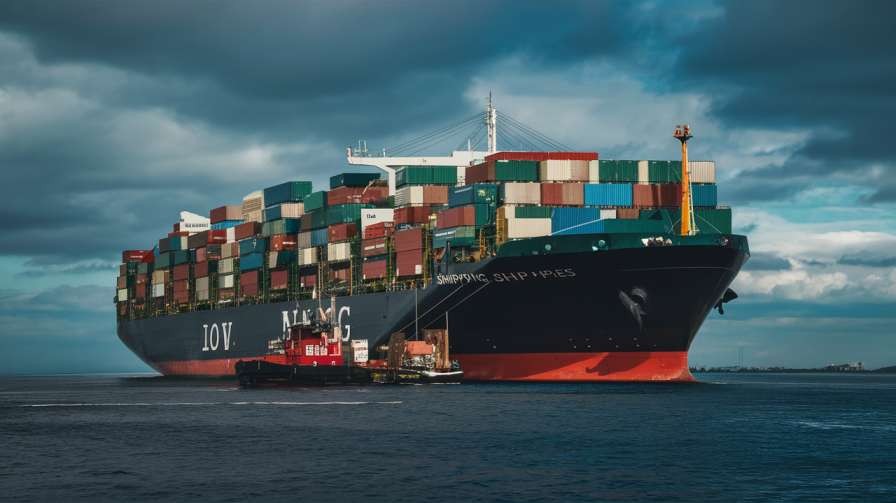






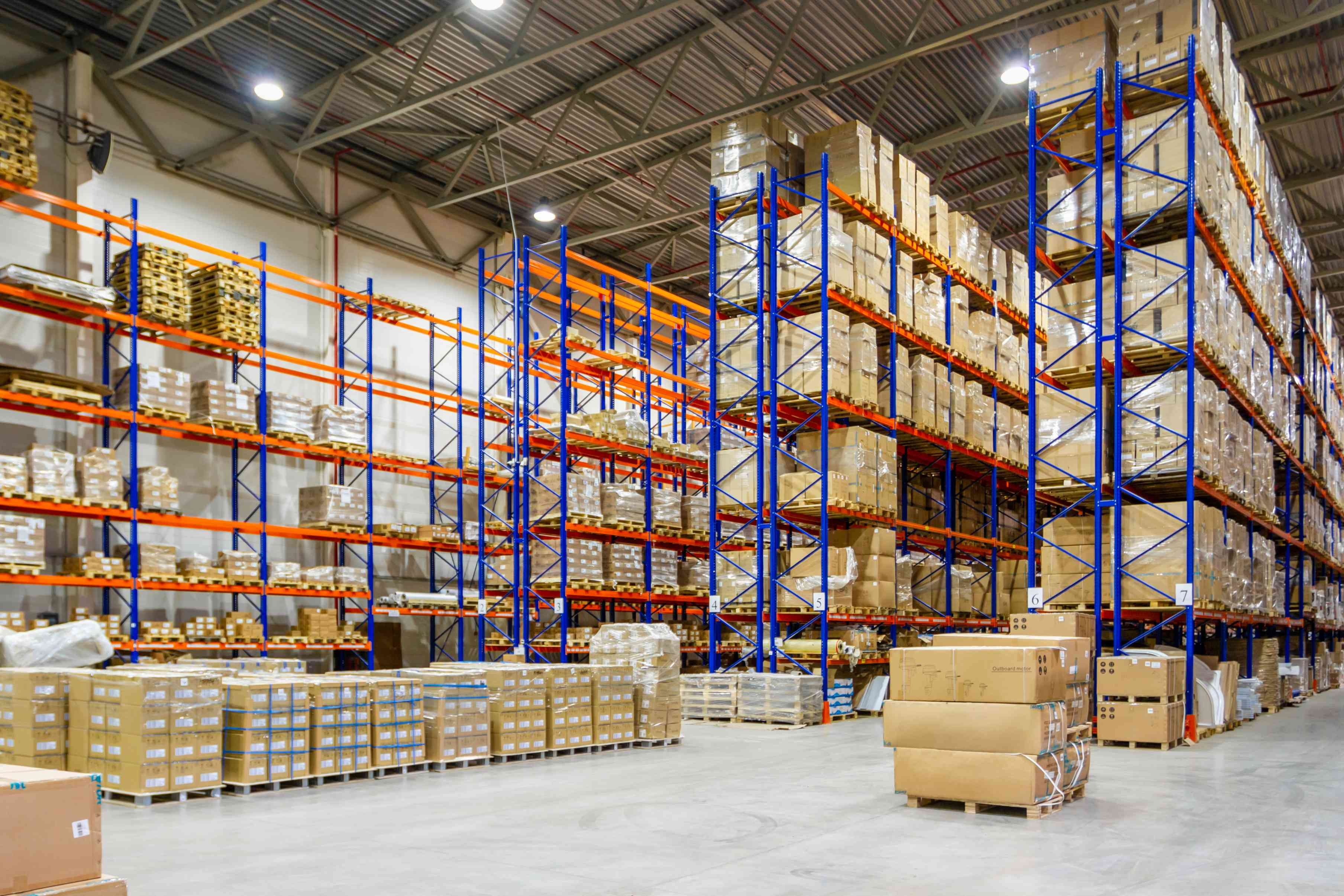
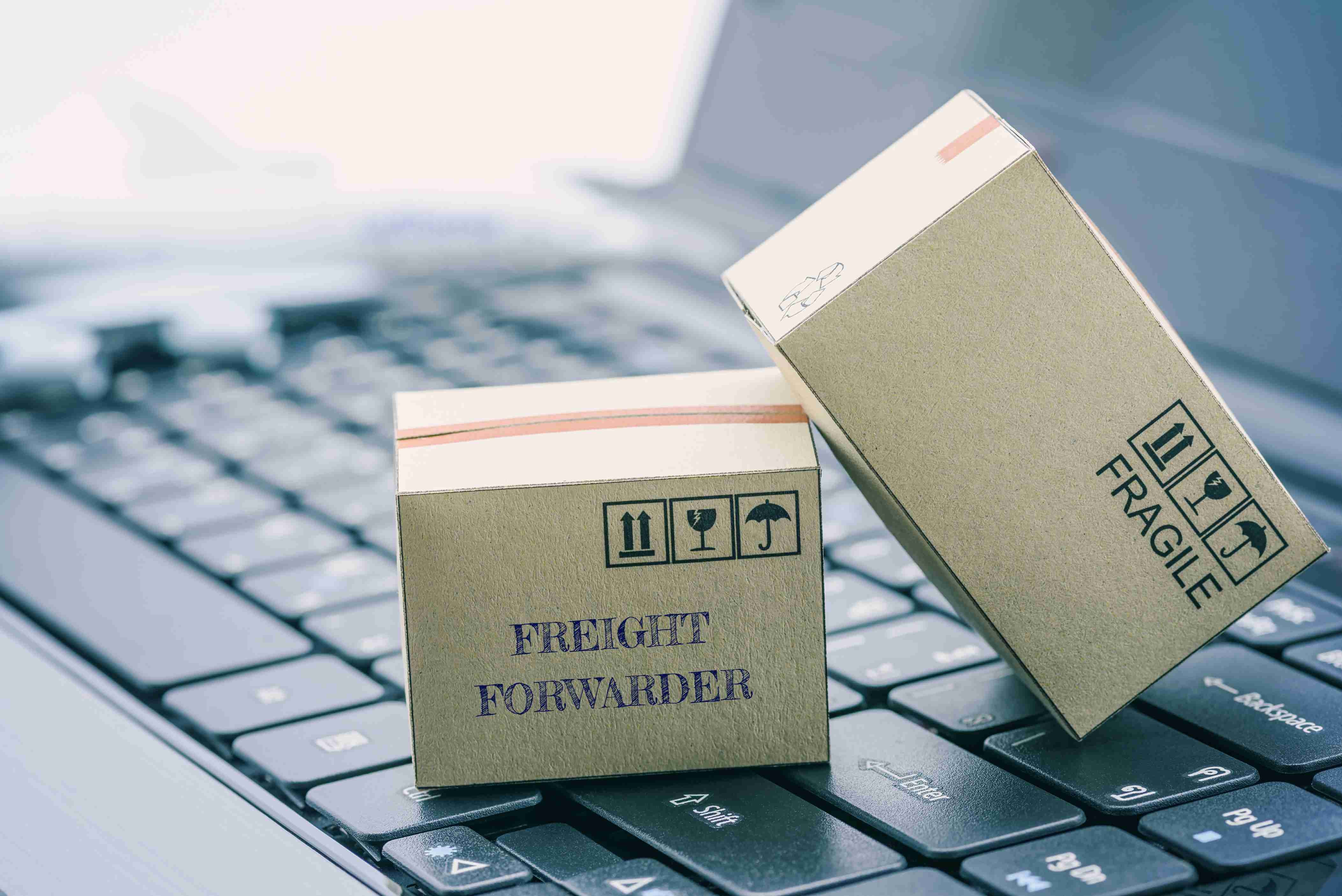

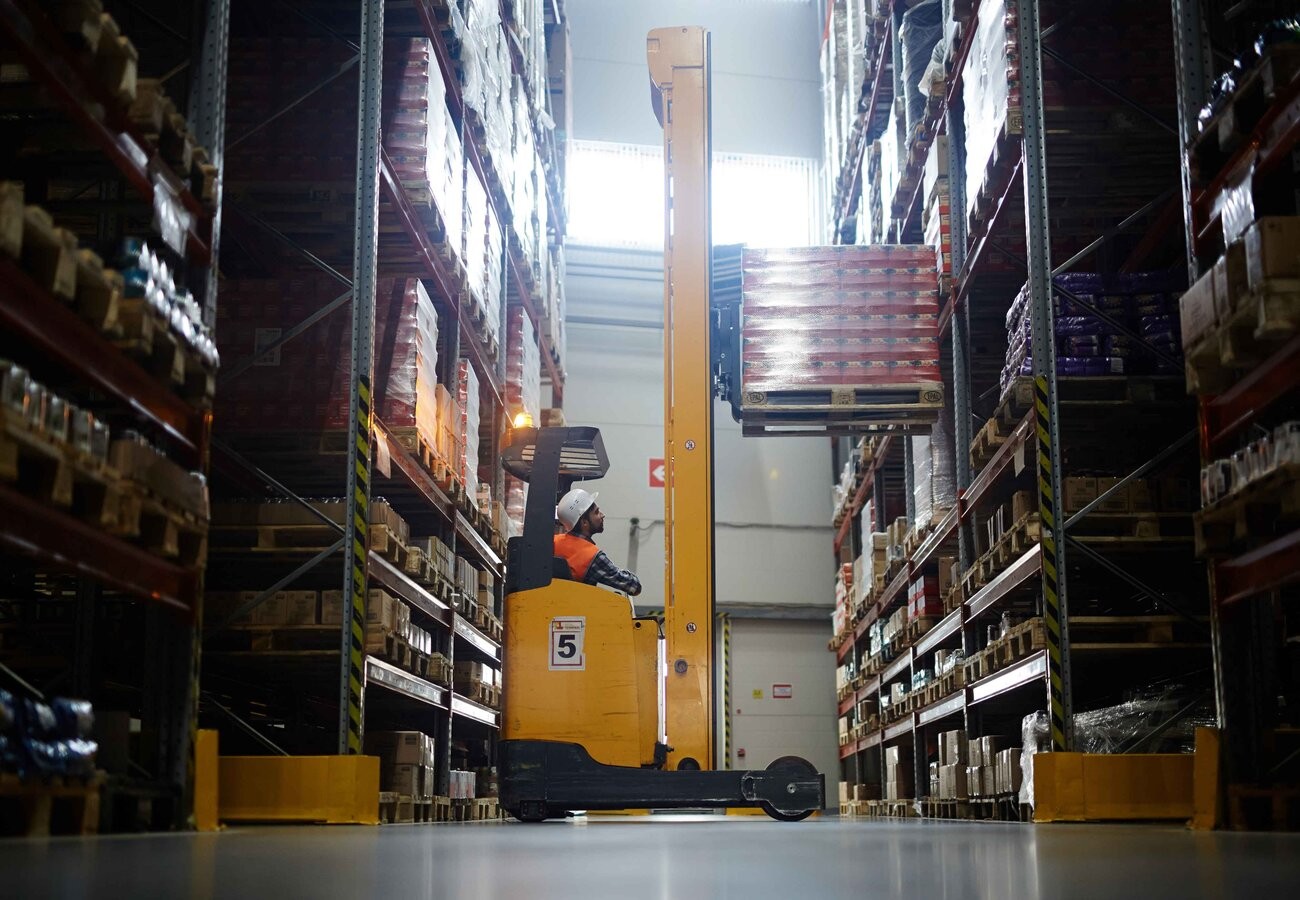
64ef6d522bd5d.jpg)
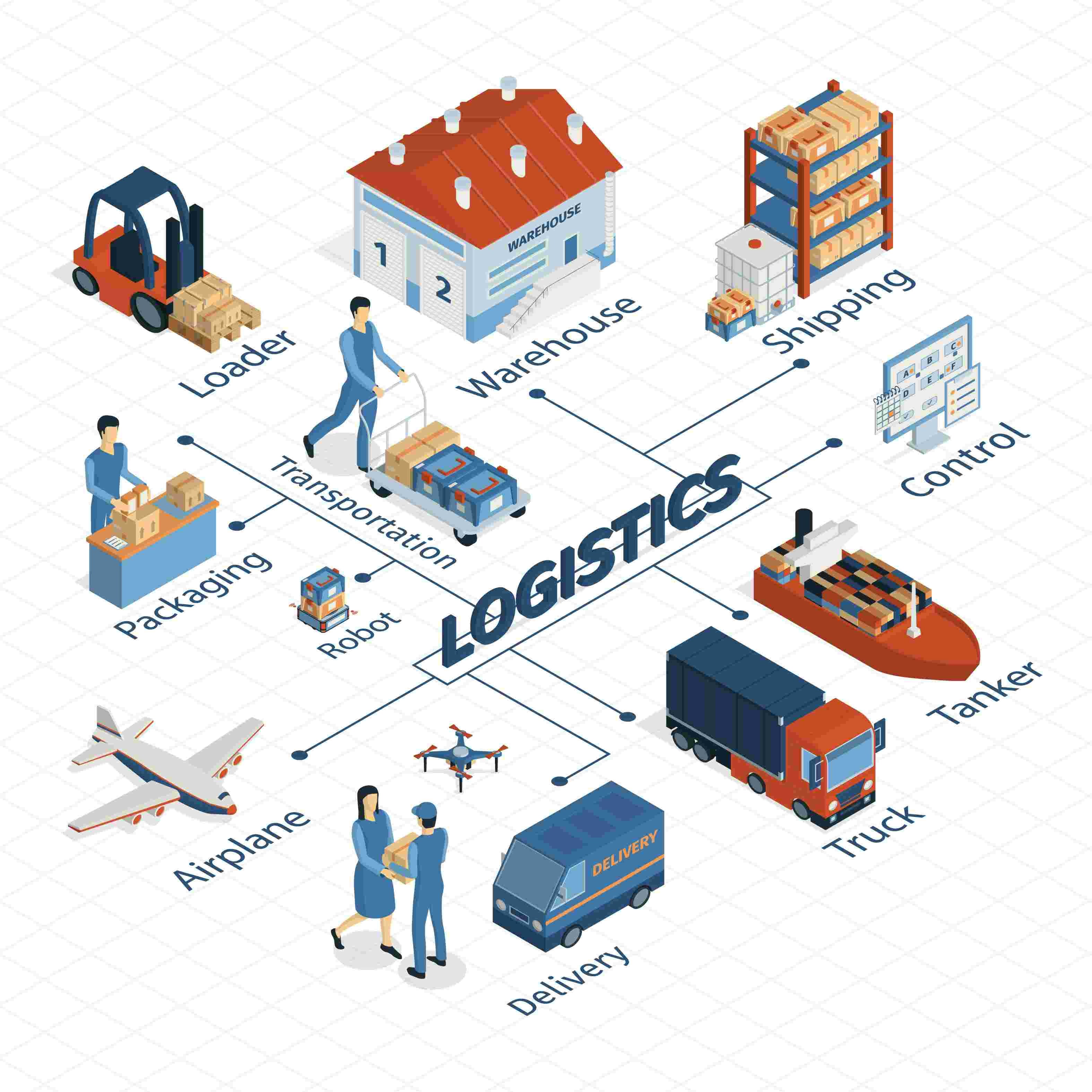
64a477953e86e.jpg)
643ff0cfeaf4e.jpg)
63fcb9023ba5f.jpg)
63d94f83c4432.jpg)


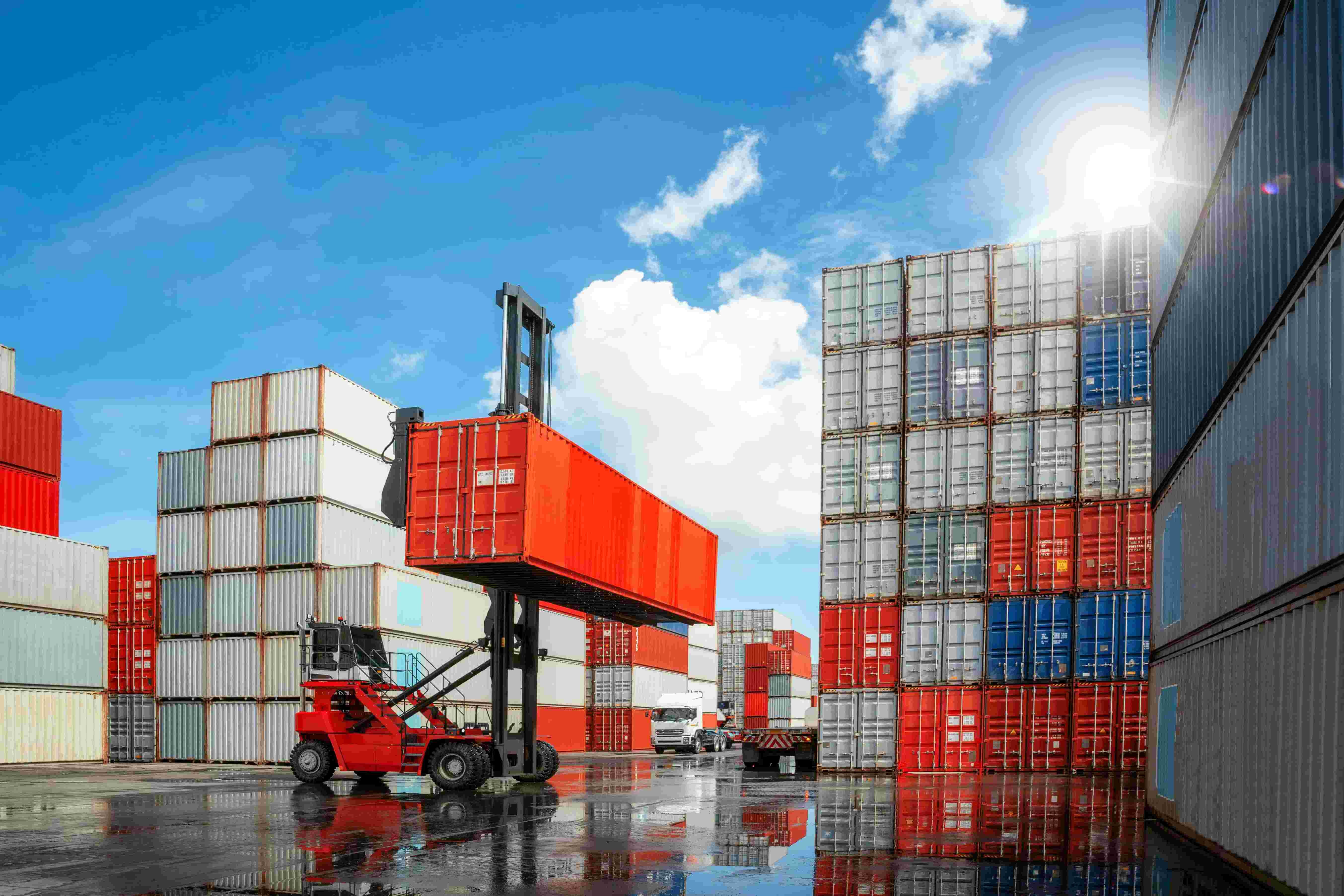
637611972635b.jpg)

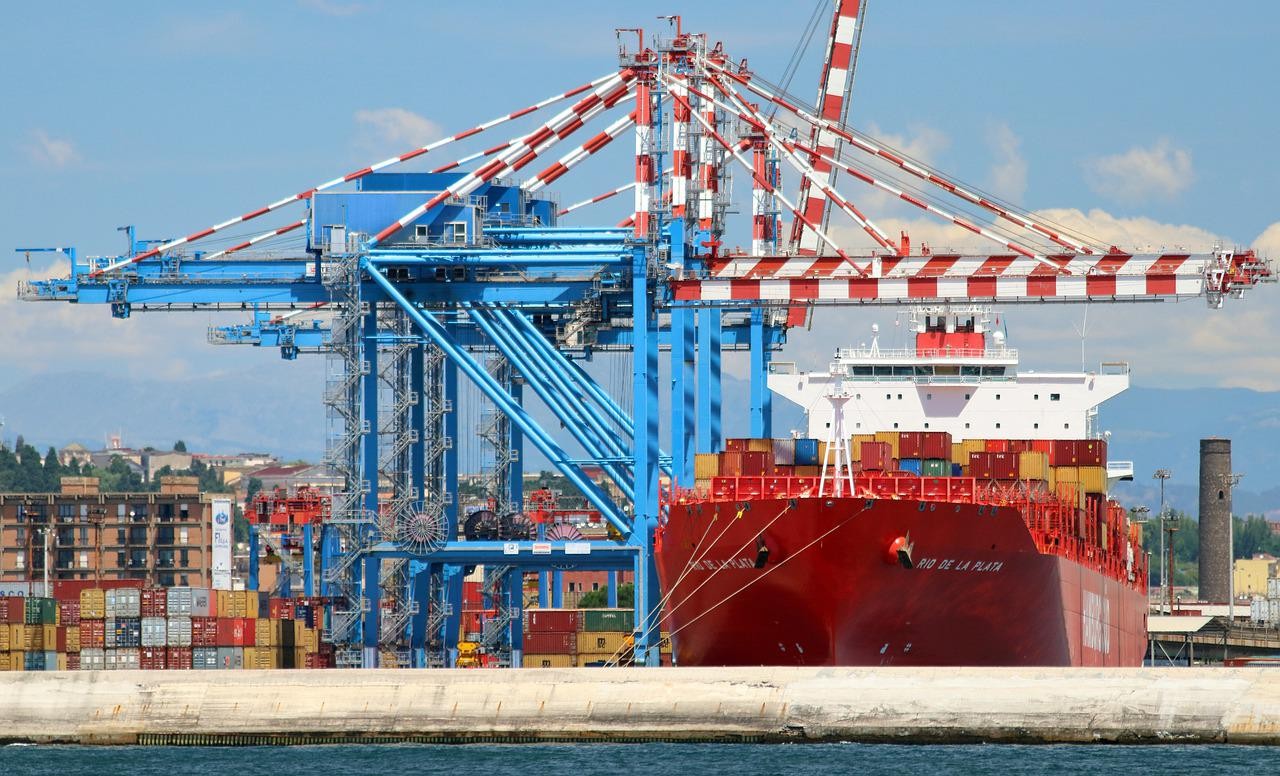



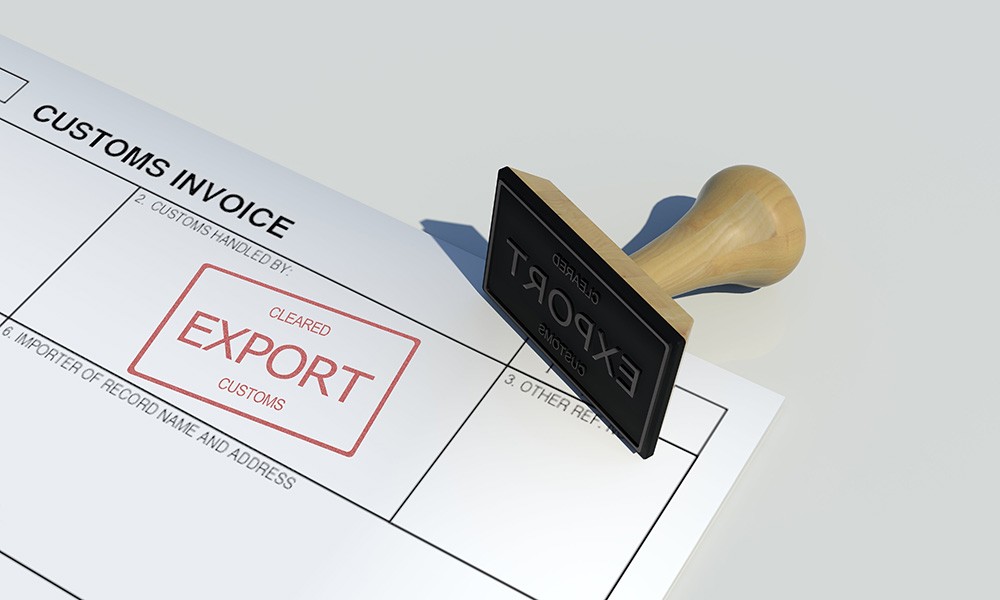
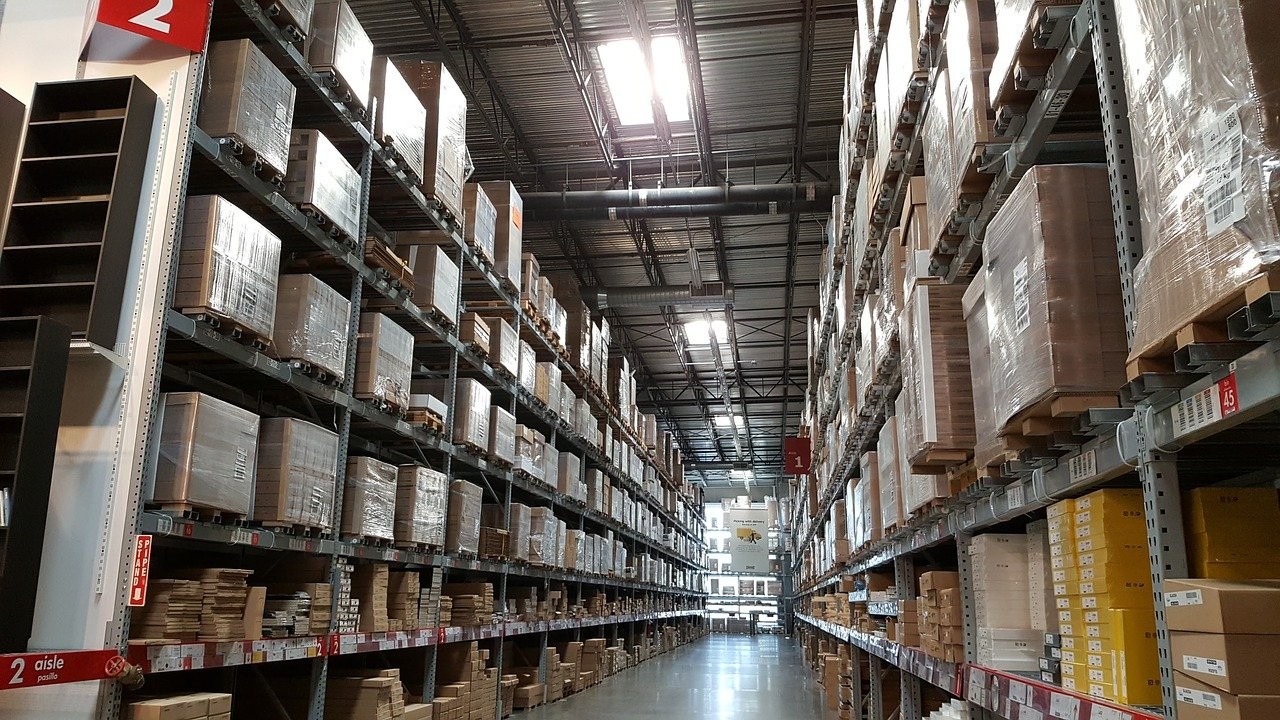


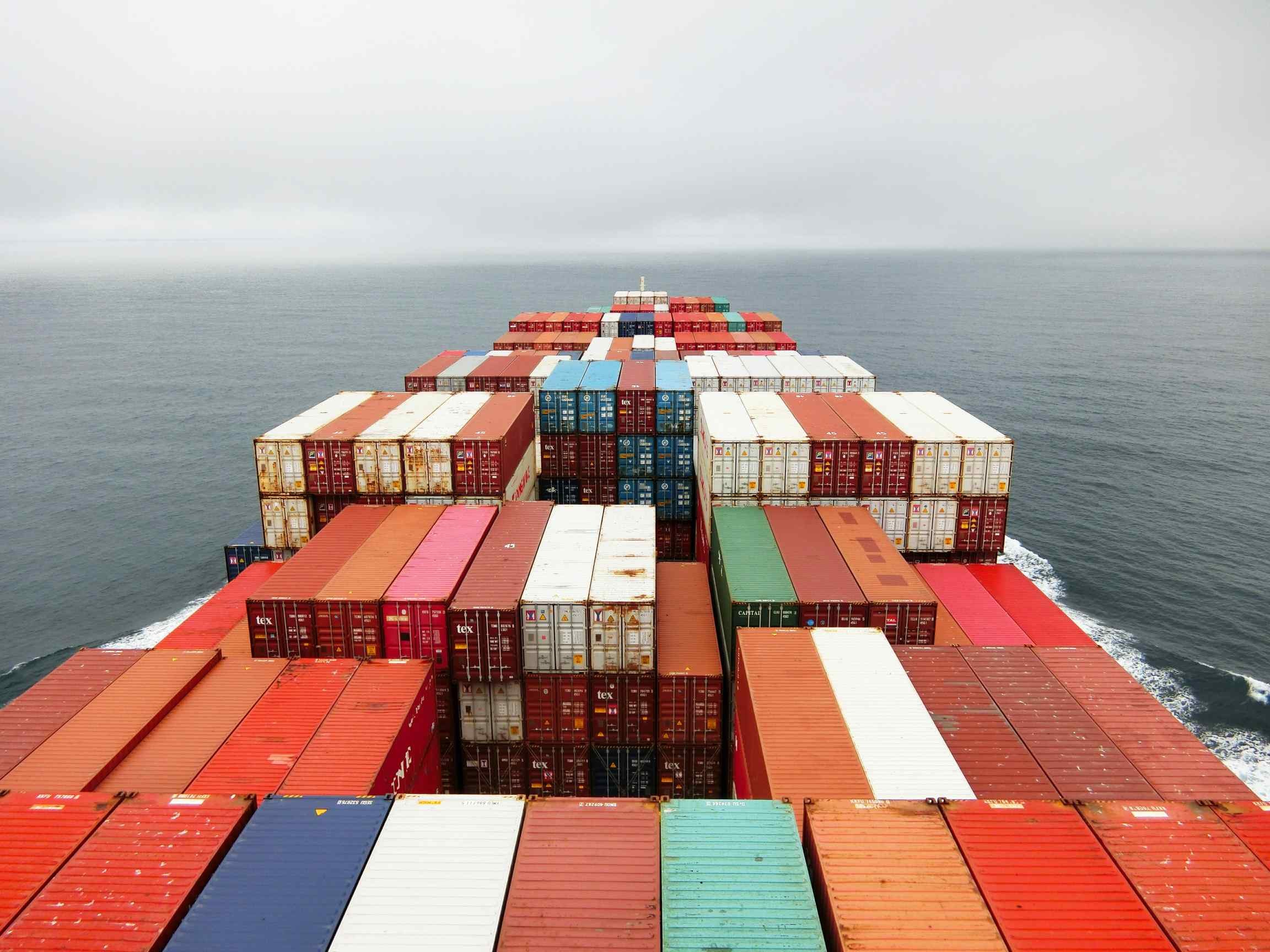
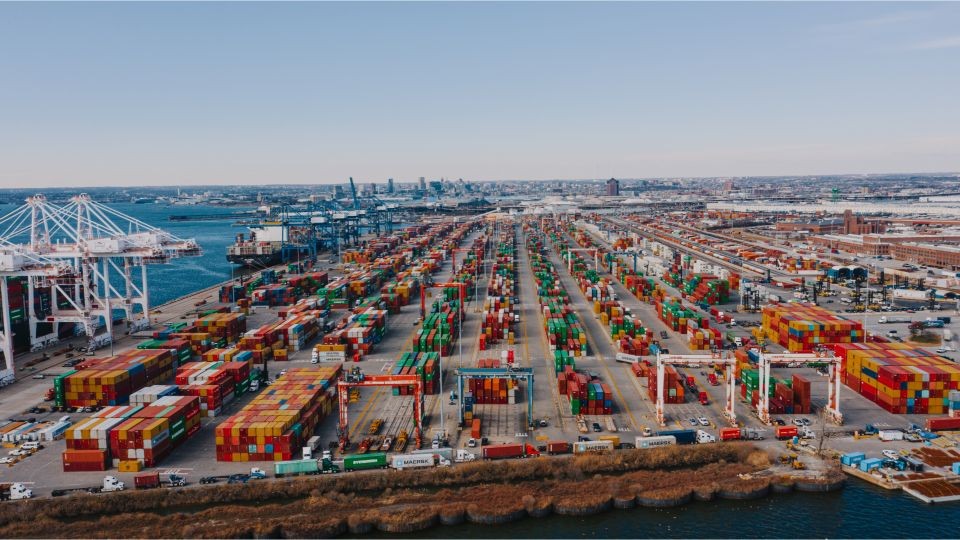

.png)